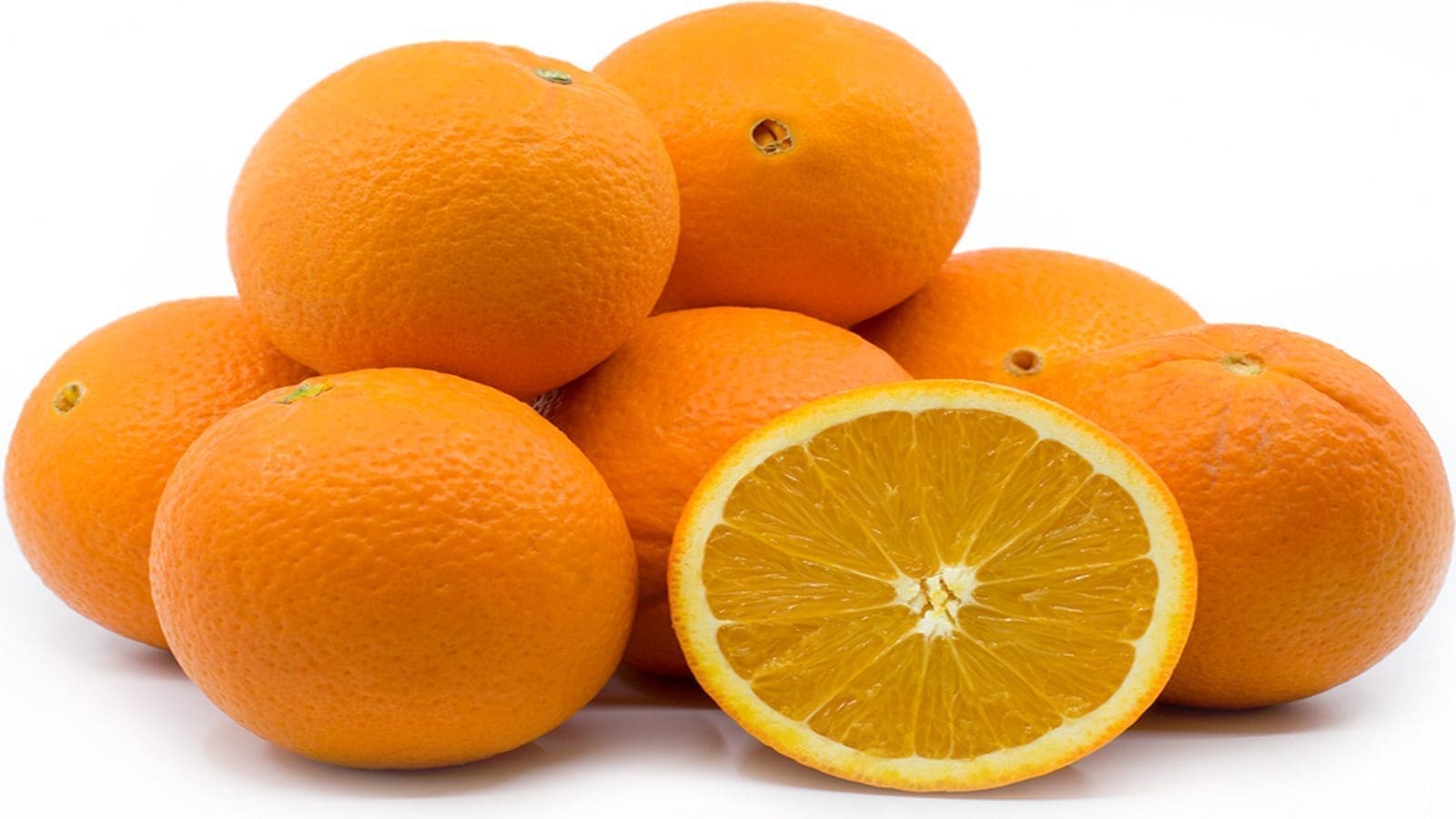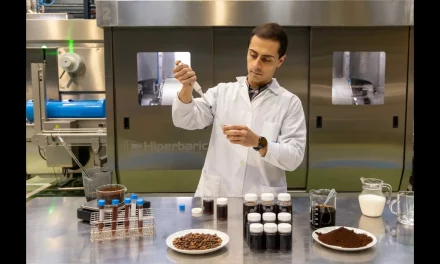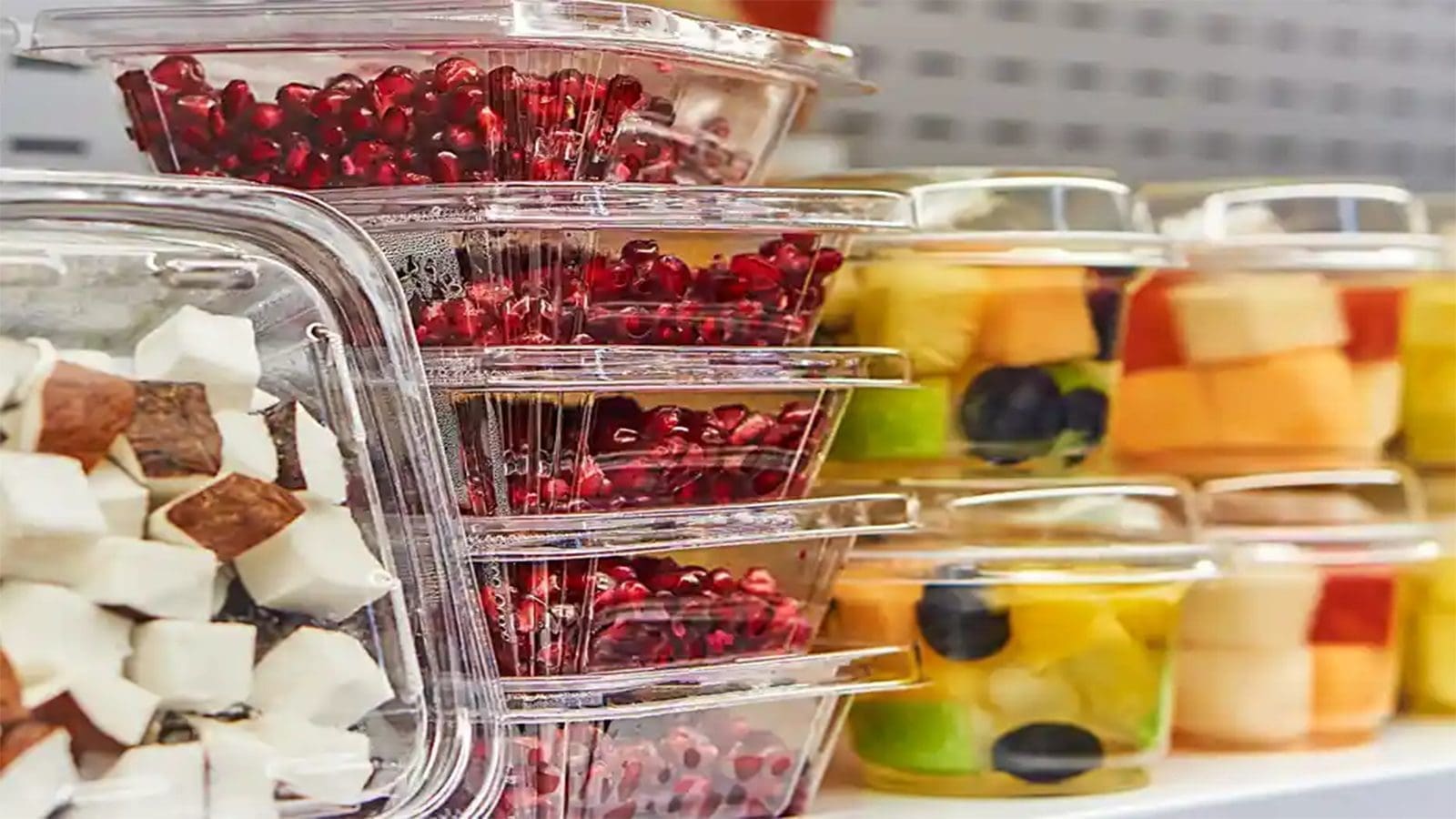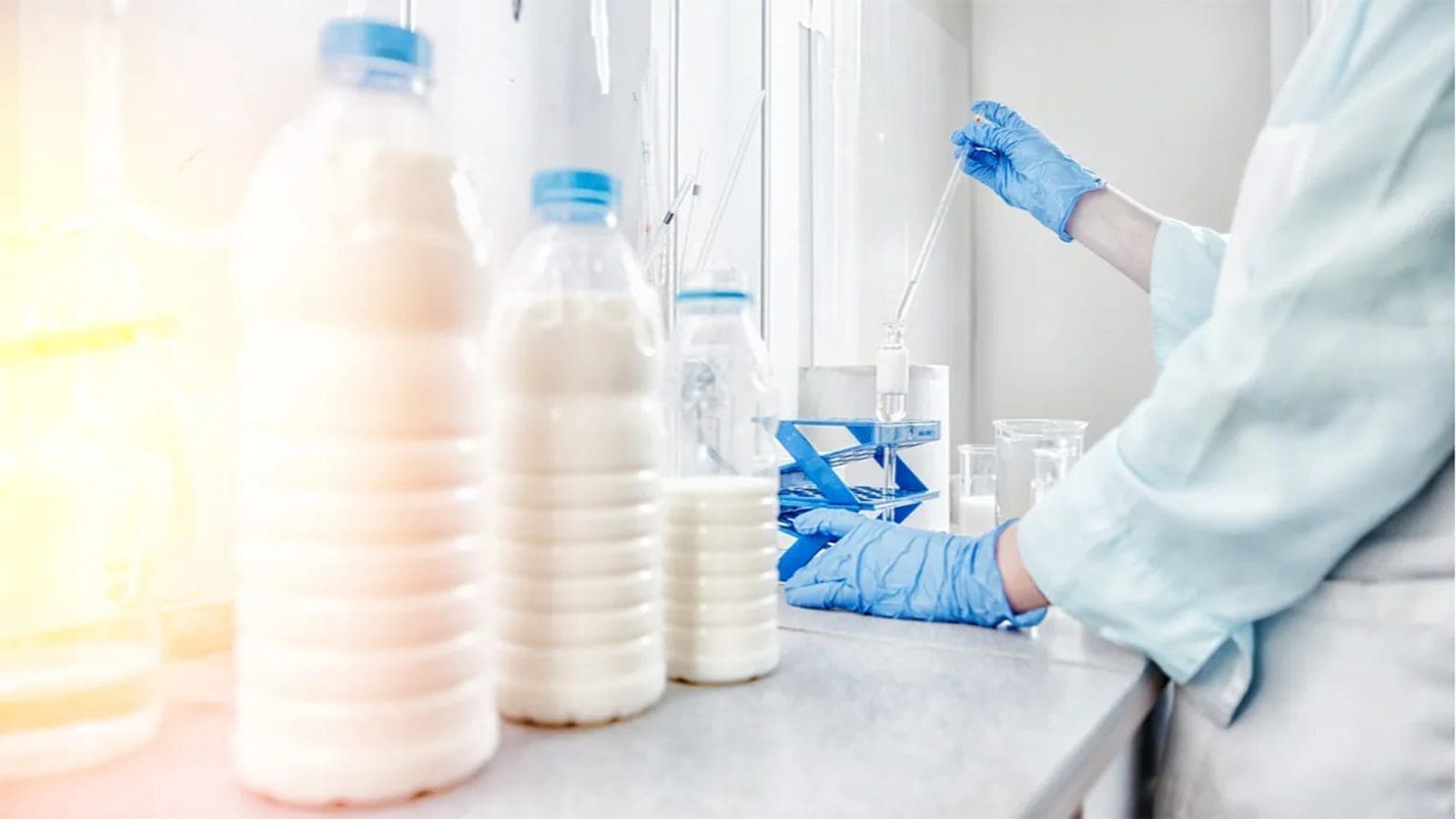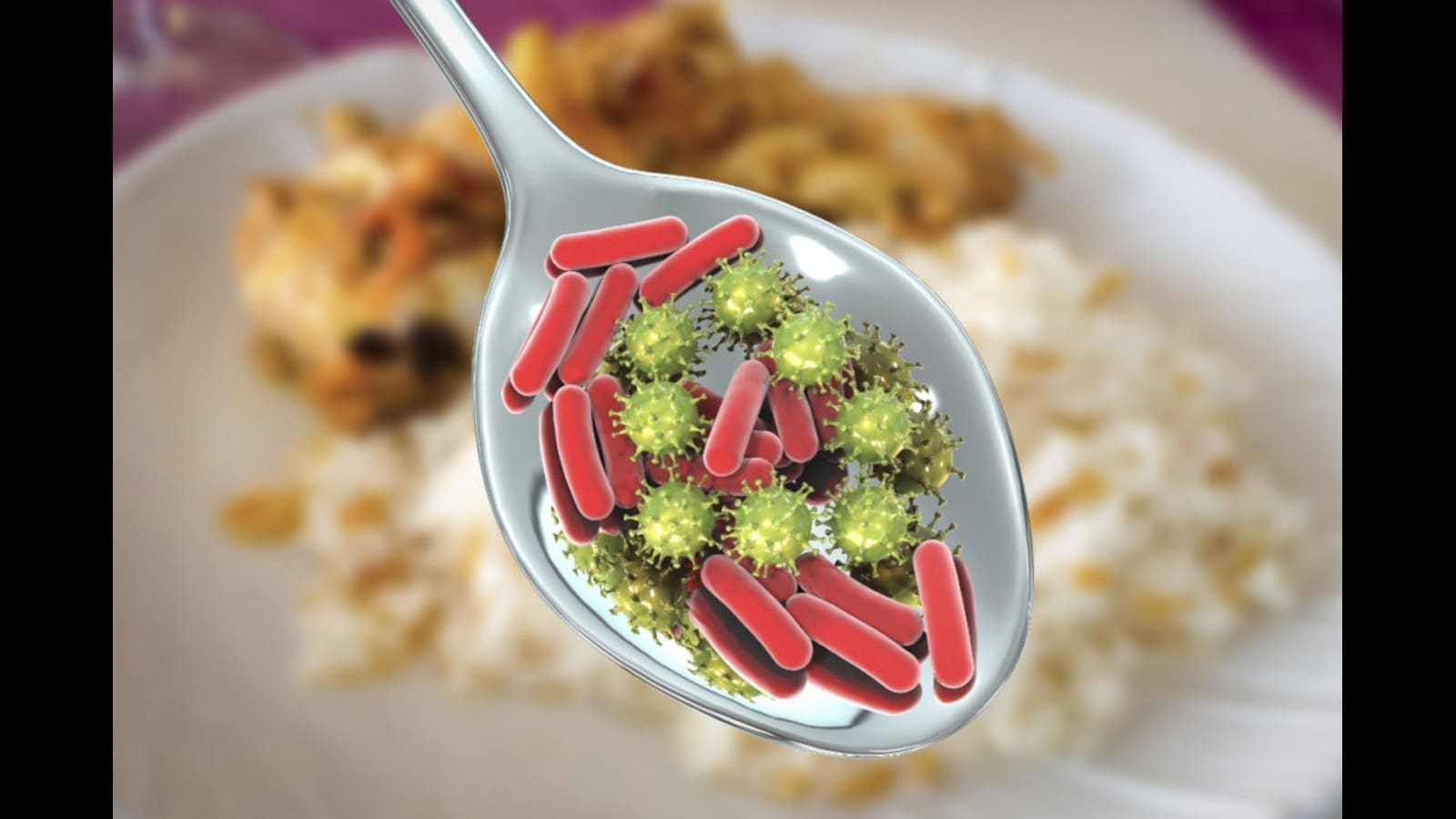EUROPE – The Standing Committee on Plants, Animals, Food and Feed (SCoPAFF) of the European Commission has approved changes to the cold treatment for oranges imported from third party countries where false codling moth is present.
The move follows growing calls from the Spanish sector for better protection against pests and diseases amid a surge in interceptions of citrus consignments carrying pathogens in the past year.
False codling moth (FCM) predominantly affects South Africa and Zimbabwe.
The Spanish Minister of Agriculture, Luis Planas, tweeted that it’s “a great step forward for our producers”, thanking the European Commission for their work.
Previously it had been reported that Spain expressed its discontentment that the measure had not been approved.
Minister Planas had personally insisted that the European Union takes an immediate decision on cold treatment.
“The decision will be processed urgently, so that it enters into force before the end of June,” said Intercitrus, Spain’s interprofessional citrus organization.
Intercitrus had earlier accused the Commission of putting the interests of South Africa and the EU’s citrus importing countries above the defence of plant health on the continent, and of damaging the precautionary principle that has governed the recent reform of EU plant health regulations.
The South African citrus industry had vigorously disputed the proposed measures, calling into question the scientific grounds of a harsher cold protocol while arguing it would be detrimental to fruit quality.
It repeatedly put forward the case that its own comprehensive FCM management system, spanning from orchard through to shipping, had been effective in managing the risk of the pest which became a quarantine pest in 2018.
South Africa had argued that some of the FCM interceptions made last year on the 800,000 tonnes of citrus sent to the EU was as a result of the breakdown in the cold chain due to the civil unrest in July. The country insisted that their research into the pest and their approach to its management, remained sound.
According to Intercitrus, the European Commission will demand a precooling at 5 degrees at the port of departure and a treatment in transit at between -1 and 2 degrees for 25 days.
“And by 2023 it will be allowed to choose between two options: a cold treatment between -1 and 0 degrees for 16 days or another between -1 and 2 degrees for 20 days,” it said.
The organization states that in both cases, oranges for export to the EU would be required to precool at 0 degrees and 2 degrees, respectively.
The current protocol for South African oranges is a 24-day protocol with shipping options based on continuous orchard and packhouse monitoring for FCM larvae.
Liked this article? Subscribe to Food Safety Africa News, our regular email newsletters with the latest news insights from Africa and the World’s food safety, quality and compliance. SUBSCRIBE HERE


